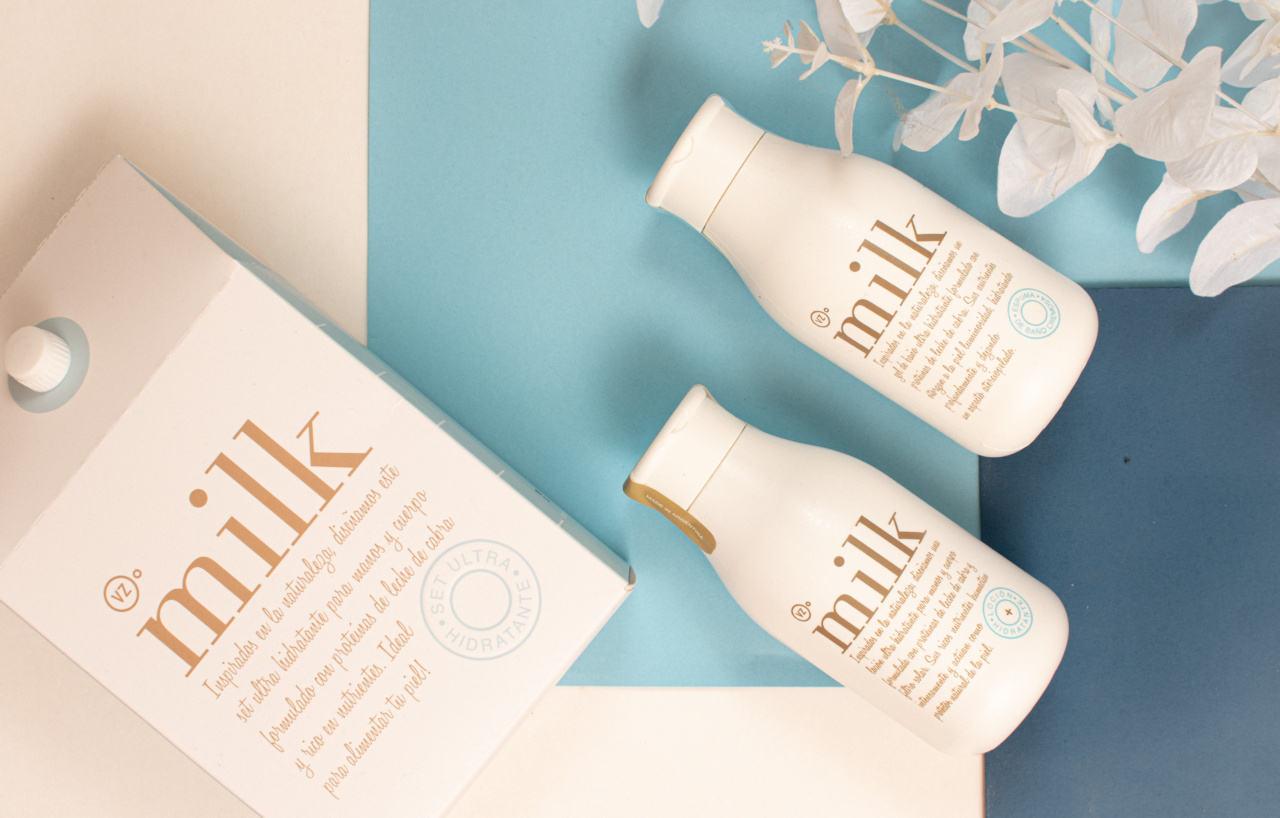Lectins are proteins found in many common foods we consume regularly, including legumes, grains, dairy, and certain vegetables.
These proteins are known as antinutrients because they can interfere with our body’s ability to absorb nutrients, and they have become a popular topic in recent years due to their potential impact on digestion and overall health.
What are Lectins?
Lectins are a type of protein that is found in many plants, animals, and microorganisms. In plants, lectins are thought to play a role in defending against predators, such as insects and herbivores.
They do this by binding to the lining of the digestive system in animals, including humans, and interfering with the absorption of nutrients.
In humans, lectins are found in many different foods, including grains, legumes, nuts, and seeds.
They are especially concentrated in the outer shells of these foods, which is why removing the outer layer or soaking and cooking them can help reduce the levels of lectins. Some vegetables, such as potatoes, tomatoes, and eggplants, are also high in lectins.
The Impact of Lectins on Health
Lectins have been linked to many health issues, including digestive problems and inflammation. Many people believe that reducing or eliminating foods that are high in lectins can improve digestive health and reduce inflammation throughout the body.
One of the biggest concerns with lectins is their ability to bind to the lining of the digestive tract, which can interfere with the absorption of nutrients.
This can lead to deficiencies in essential vitamins and minerals, which can cause a host of health problems over time.
Another potential issue with lectins is their ability to cause inflammation in the body. Inflammation is a natural immune response that occurs when the body is threatened by injury or infection.
However, chronic inflammation can lead to a range of health problems, including autoimmune disorders and chronic diseases such as cancer and heart disease.
The Pros and Cons of Lectins
While lectins have been linked to a number of health issues, some researchers believe that they may also have some health benefits.
For example, some studies have found that lectins may have anti-cancer properties and may help protect against heart disease.
Additionally, some people may be able to tolerate lectins better than others. For example, some individuals may be able to consume lectins in moderation without experiencing any adverse effects, while others may need to avoid them entirely.
Ultimately, the decision to consume or avoid lectins is a personal one that should be based on an individual’s specific health needs and goals.
Tips for Reducing Lectins in Your Diet
If you decide to reduce or eliminate lectins from your diet, there are several things you can do to make the transition easier:.
- Avoid processed foods and stick with whole, unprocessed foods whenever possible.
- Choose foods that are low in lectins or that have been properly prepared to reduce lectin levels, such as soaking and cooking legumes and grains.
- Consider trying an elimination diet to determine how your body reacts to lectins and other potential triggers.
- Work with a qualified healthcare provider or dietitian to determine the best approach for your individual needs and goals.
The Bottom Line
Lectins are a type of protein found in many common foods and have been linked to a range of health issues, including digestive problems and inflammation.
While some research suggests that lectins may have potential health benefits, the decision to consume or avoid them should be based on an individual’s specific health needs and goals. If you decide to reduce or eliminate lectins from your diet, there are several steps you can take to make the transition easier.































